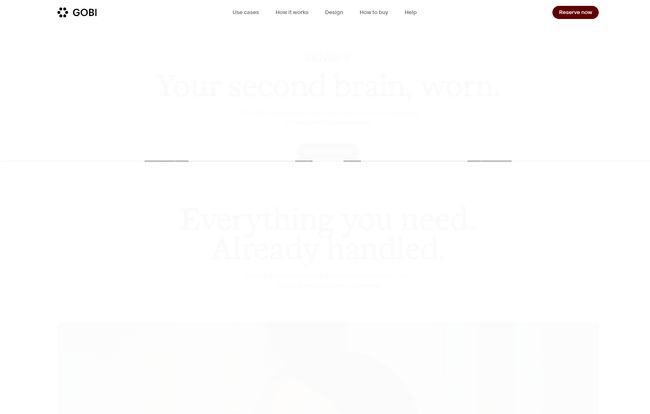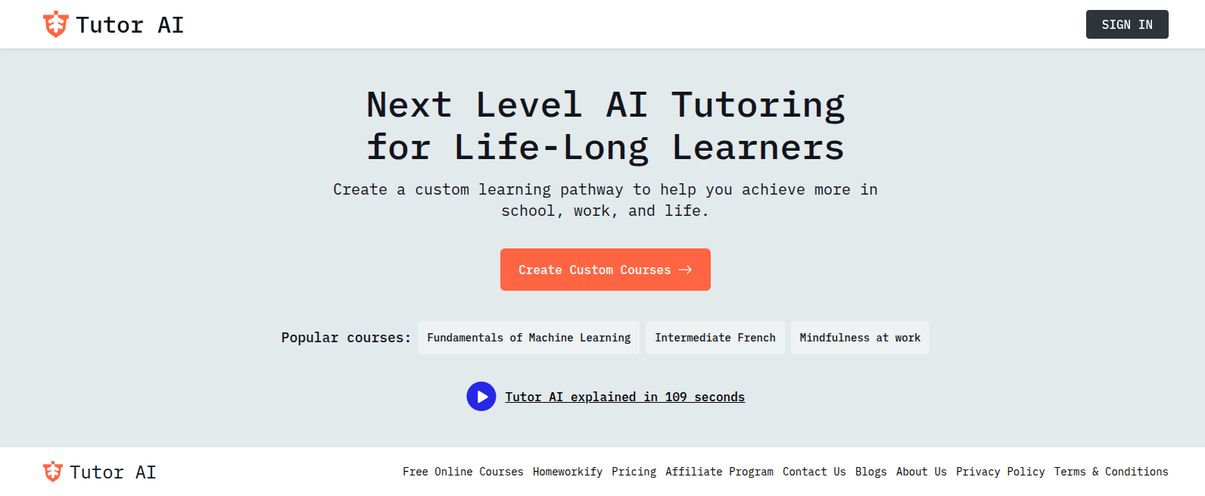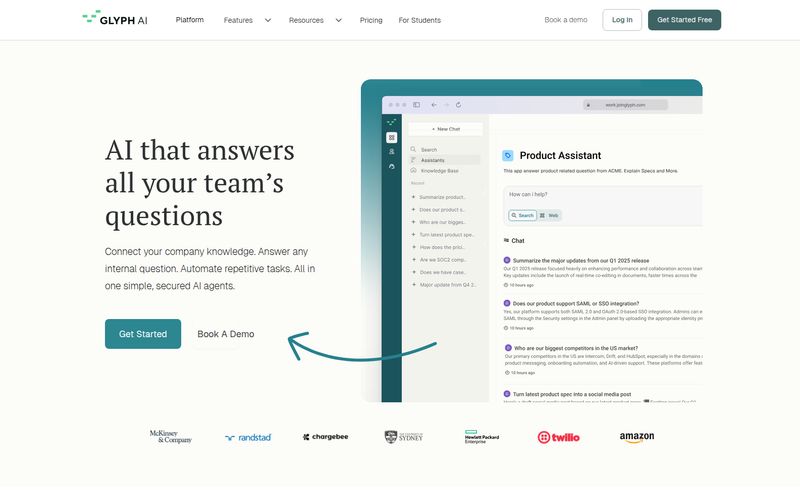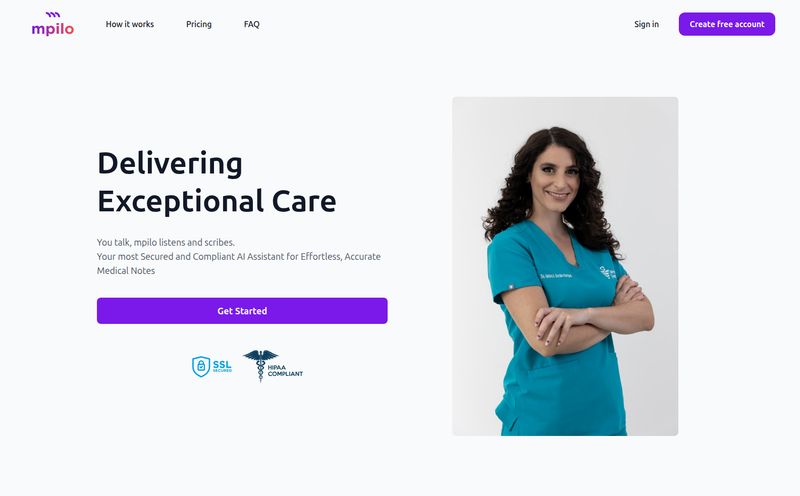For years, we in the tech and SEO space have been obsessed with screens. Bigger screens, brighter screens, more screens. We optimize for them, we generate traffic for them, we live on them. But if you're anything like me, you're starting to feel the burnout. The constant dings, the endless scrolling... it's exhausting.
So when a piece of tech comes along that promises to be smart without a screen, my ears perk up. I’ve seen a lot of these promises before, mind you. Most of them end up in a drawer somewhere. But Gobi and their SENSE⓪ glasses feel… different. They’re not trying to slap a tiny monitor on your face. Instead, they’re pitching something far more interesting: a wearable second brain.
And honestly? My first brain could use the help.
So, What on Earth Are Gobi SENSE⓪ Glasses?
Let's get this out of the way first: these aren't your sci-fi movie augmented reality glasses. You won't be seeing pop-up ads for coffee shops as you walk down the street (thankfully). Gobi describes SENSE⓪ as a “personal well-being assistant.” Think of it less like Google Glass and more like a mindful co-pilot for your daily life. It's a pair of glasses that can see and listen to understand your context, offering science-backed advice and support through voice.
The whole mission is to create a hyper-personalized experience that actually makes your day better. It's a lofty goal, one that countless startups have chased. But Gobi's approach is what's catching my eye. It's all about being proactive, not reactive.
The Magic Trick: Ambient AI™
This is the core of the whole thing. The secret sauce. Gobi calls it Ambient AI™. For the last decade, we've gotten used to our AI assistants being, well, kind of dumb waiters. They just stand there until we bark a command at them. "Hey Siri, what's the weather?" "Alexa, play my sad-vibes playlist." They react to us.
Gobi wants to flip that script. Their Ambient AI is designed to be proactive. It’s supposed to anticipate your needs. The tech equivalent of a friend who brings you a coffee before you've even admitted you're tired. By understanding your context—where you are, what's happening around you—it aims to offer help before you even realize you need it. Imagine the glasses sensing a stressful conversation and later, when you're alone, quietly suggesting a 2-minute breathing exercise.
That’s a big, big shift. And frankly, it's either going to be revolutionary or a little bit creepy. The jury's still out.
Distraction-Free by Design
And here's the part that makes my screen-fried brain sing: no displays, no pings, no notifications. The entire interface is audio, and it's designed to be in the background. This is a direct counter-punch to the attention economy that our smartphones have trapped us in. It's a bold move, and I'm here for it.

Visit Gobi SENSE⓪
A Wearable I Might Actually Wear
Let’s be real, most wearables are ugly. They scream “I AM WEARING TECHNOLOGY.” It’s a huge barrier to adoption. I mean, we all remember the “Glasshole” era, right? A moment of silence for that social experiment.
Gobi seems to have learned from the past. The SENSE⓪ glasses are designed to be lightweight, comfortable, and look like… well, glasses. They’re stylish enough that you wouldn’t feel like a cyborg wearing them to a client meeting. The all-day wearability claim is a big one, and if they pull it off, they've solved a major piece of the wearable puzzle. Its a product meant to blend in, not stand out.
The Data, The Privacy, The Price Tag
Okay, the elephant in the room. A device that can see and hear your life. That’s a massive privacy concern, and Gobi knows it. They state that the device is privacy-focused, with on-device processing and encryption to keep your life your own. This will be the single biggest hurdle they face. Trust is hard to earn and incredibly easy to lose, especially for a new company handling such intimate data.
But if you can get past that, the potential is pretty compelling. The glasses capture data and turn it into what they call “actionable insights” for your well-being. It’s the ultimate evolution of the “quantified self” movement—not just tracking steps, but tracking context.
Now, let's talk cash. This isn't a single-purchase product, and that will be a dealbreaker for some. Here’s the breakdown:
| Item | Price | Description |
|---|---|---|
| Hardware (Community Edition) | $149 | An early-adopter price for the first wave of users. |
| Hardware (Future Versions) | $349 | The expected retail price after the initial launch. |
| App Subscription | $19 / month | Required to power the AI features and get updates. |
I have mixed feelings here. The $149 entry point is aggressive and smart for building an initial user base. But the $19/month subscription... look, I get it. AI is expensive to run. Recurring revenue is the name of the game. But asking people to pay a subscription for a device they've already bought is a tough psychological hurdle. It turns the product into an ongoing expense, and consumers are getting serious subscription fatigue.
Some Hurdles on the Road
No product is perfect, especially not a brand-new piece of hardware. Gobi has a few bumps to smooth out:
- iOS Only (For Now): As a long-suffering Android user in a sea of iMessage bubbles, this stings. They say an Android app is in development, but for now, half the market is left out.
- The Subscription Model: I mentioned it above, but it's worth repeating. This will be a major point of contention for potential buyers.
- U.S. Only Shipping: Global tech enthusiasts will have to wait, as it's currently limited to the United States.
So, Who Is This Actually For?
Let's be clear: this isn't for your grandma (unless she's a very cool, tech-savvy grandma). This is for the early adopters. The biohackers. The people who are drowning in notifications and desperately want a new way to interact with technology. It's for the person who already tracks their sleep, heart rate, and macros, and now wants to track their context.
It’s a niche product right now, but it’s a very interesting niche. It represents a potential path away from the screen-centric world we've built. A move towards more integrated, seamless, and maybe even more human technology.
My Final Take: Cautiously Optimistic
I've seen a lot of hardware come and go. Most of it fails. But Gobi SENSE⓪ has a certain something. The focus on proactive well-being rather than productivity, the commitment to a screen-free design, and the genuinely intriguing promise of Ambient AI make it one of the more exciting wearable concepts I’ve seen in years.
Will it change the world? Probably not overnight. Will it find a dedicated community of users who feel it genuinely improves their lives? I think it has a real shot. It’s an ambitious swing for the fences, and in a world of iterative iPhone updates, I'm just glad someone is swinging.
Frequently Asked Questions
1. What is Gobi SENSE⓪ in simple terms?
It's a pair of smart glasses with no screen that acts as a personal well-being coach. It uses AI to understand your situation and offers voice-based advice and support to improve your mental and emotional state.
2. Do I need a subscription for Gobi SENSE⓪ to work?
Yes. The core AI features that make the glasses smart are powered by a $19/month subscription. Without it, the glasses would likely have very limited functionality.
3. Is Gobi SENSE⓪ like Google Glass or Ray-Ban Meta?
Not really. Those glasses focus on putting a screen or a camera in your line of sight. Gobi is focused on being screen-free and acting as an ambient, audio-based assistant for well-being, not for taking pictures or displaying notifications.
4. Is Gobi SENSE⓪ available for Android users?
Not at launch. It requires a companion iOS app to function. The company has stated that an Android app is currently under development, but there's no firm release date yet.
5. What about my privacy? Is it always listening?
This is a major consideration. The device needs to listen and see to understand your context. Gobi claims to have built it with a privacy-first approach, using encryption and on-device processing to protect your data. However, users will have to place a significant amount of trust in the company.
6. How much does Gobi SENSE⓪ cost in total?
Initially, it's $149 for the hardware (for early adopters) plus a recurring $19 per month for the AI subscription. So, the first-year cost would be around $377 ($149 + 12 $19).
Reference and Sources
For more detailed information, you can visit the official Gobi product pages:
- Gobi SENSE⓪ Product Page: https://joingobi.com/products/sense-zero



